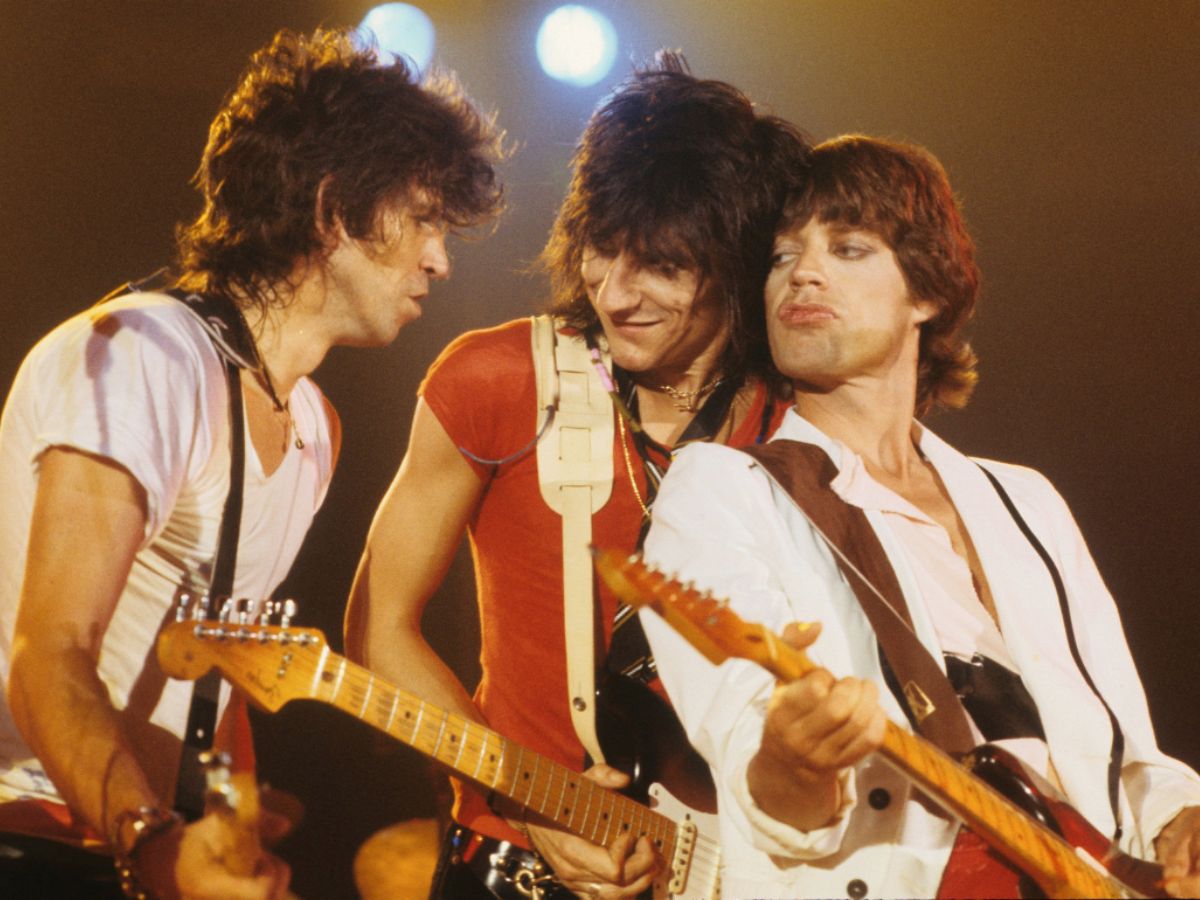
Music from the 1970s was a vibrant explosion of genres, influencing countless artists and shaping the landscape of modern music. This era witnessed the rise of rock, disco, and punk, each carving its own indelible mark on cultural history. 1970s music was more than just melodies and lyrics; it was a reflection of societal changes, technological advancements, and a newfound freedom of expression. From the legendary guitar riffs of Led Zeppelin to the disco beats of the Bee Gees, this period offered something for everyone. With icons like David Bowie and Fleetwood Mac dominating the charts, their innovative sounds and styles are celebrated even today. Understanding these 18 facts will not only deepen your appreciation for this pivotal decade but also highlight its lasting legacy in the music world.
The Birth of Iconic Genres
1970s music was a time of innovation and diversity, leading to the birth of several iconic genres. Rock continued to evolve, giving rise to subgenres like progressive rock, hard rock, and punk rock. This era also saw the emergence of disco, which became synonymous with the decade's nightlife.
-
Disco music, characterized by its upbeat tempo and danceable rhythms, became a cultural phenomenon in the mid-1970s. Clubs like Studio 54 in New York became legendary for their disco nights.
-
Punk Rock emerged as a response to the perceived excesses of mainstream rock music, with bands like The Ramones and The Sex Pistols leading the charge with their raw energy and rebellious attitudes.
Influential Albums and Artists
The 1970s produced albums and artists that have stood the test of time, influencing countless musicians and fans alike.
-
Pink Floyd's "The Dark Side of the Moon" (1973) is one of the best-selling albums of all time, known for its complex compositions and thematic depth.
-
Led Zeppelin, with albums like "Led Zeppelin IV" (1971), dominated the rock scene with their heavy sound and mystical lyrics.
-
David Bowie reinvented himself multiple times throughout the decade, influencing fashion and music with albums like "The Rise and Fall of Ziggy Stardust and the Spiders from Mars" (1972).
The Rise of Music Festivals
Music festivals became cultural milestones, showcasing the era's spirit of freedom and artistic expression.
-
The Isle of Wight Festival in 1970 attracted over 600,000 people, featuring performances by Jimi Hendrix, The Who, and other rock legends.
-
Glastonbury Festival began in 1970, setting the stage for what would become one of the most famous annual music events in the world.
Technological Advancements in Music
The 1970s saw significant technological advancements that changed how music was produced and consumed.
-
Synthesizers became more accessible to musicians, leading to their widespread use in various genres, from rock to pop to disco.
-
The Walkman, introduced by Sony in 1979, revolutionized personal music consumption, allowing people to listen to music on the go with headphones.
Social and Political Influence
Music in the 1970s often reflected the social and political climate, with artists using their platform to address issues of the time.
-
Songs like Marvin Gaye's "What's Going On" (1971) tackled themes of war, poverty, and racial injustice, resonating with many listeners.
-
Reggae music, led by artists like Bob Marley, gained international popularity, spreading messages of peace, love, and resistance against oppression.
The Disco Demolition Night
One of the most infamous events of the 1970s music scene was the Disco Demolition Night in 1979.
- Held at a baseball game in Chicago, the event aimed to destroy disco records as a statement against the genre, marking a cultural backlash that contributed to disco's decline in popularity.
Legacy and Influence
The impact of 1970s music extends far beyond the decade, influencing modern music in countless ways.
-
Many artists and bands from the 1970s have been inducted into the Rock and Roll Hall of Fame, recognizing their contributions to music history.
-
The punk ethos and DIY spirit inspired the alternative and indie music scenes of the 1980s and beyond.
-
Disco music, despite its decline, paved the way for electronic dance music (EDM) and house music.
-
The use of synthesizers and electronic instruments in the 1970s set the stage for the synth-pop and new wave movements of the 1980s.
-
Music videos, which became a major component of the music industry in the 1980s, owe much to the visual experimentation of 1970s artists like David Bowie.
-
The concept of the music festival, as popularized in the 1970s, remains a significant part of music culture, with festivals around the world drawing millions of attendees each year.
A Final Note on the Groovy Era
Diving back into the 1970s music scene has been like flipping through a vibrant photo album of sounds, styles, and groundbreaking moments. This era wasn't just about the tunes; it was a cultural revolution, echoing through time and still influencing artists today. From the rise of disco fever to the raw energy of punk, each genre carried its own message, its own unique flavor. Legends were born, icons were made, and music was forever changed. As we look back, it's clear that the '70s were more than just a decade in music history—they were a movement, a wave of creativity that reshaped the world's musical landscape. So, next time you hear a '70s track, remember, you're not just listening to a song; you're experiencing a piece of a revolutionary era that continues to resonate with millions around the globe.
Was this page helpful?
Our commitment to delivering trustworthy and engaging content is at the heart of what we do. Each fact on our site is contributed by real users like you, bringing a wealth of diverse insights and information. To ensure the highest standards of accuracy and reliability, our dedicated editors meticulously review each submission. This process guarantees that the facts we share are not only fascinating but also credible. Trust in our commitment to quality and authenticity as you explore and learn with us.


